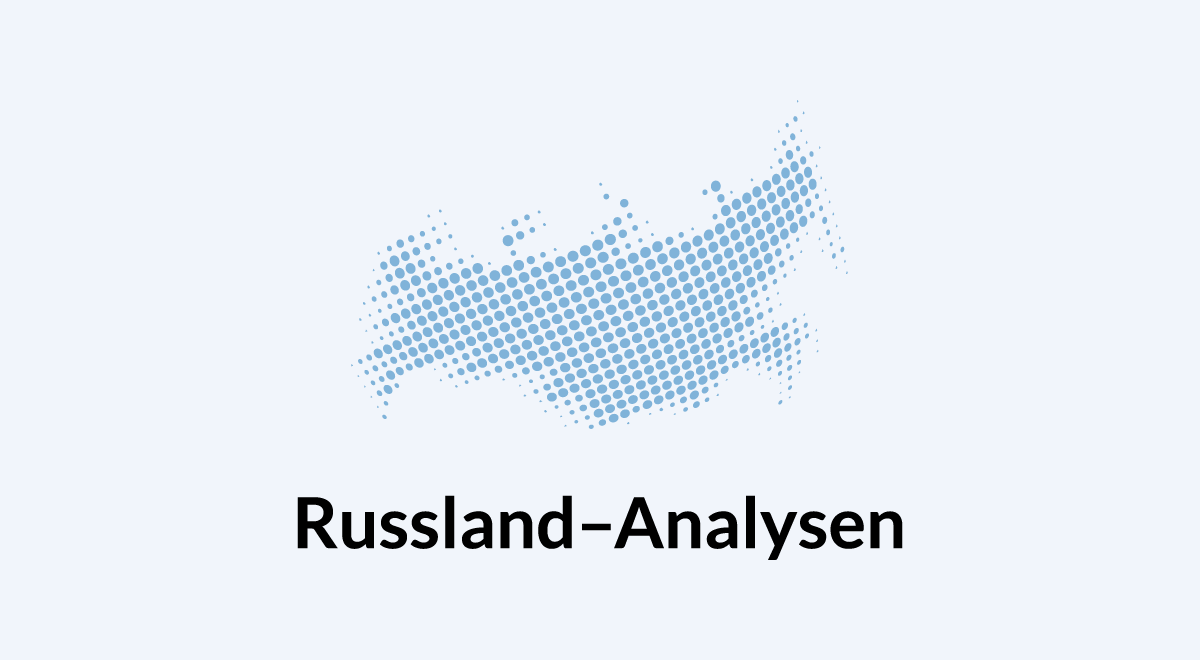 Analyse
Analyse Von Jens Siegert
Der Präsidentenwahlkampf wurde entscheidend vom Ausgang der Parlamentswahlen vom 7. Dezember 2003 geprägt. Nach dem Wahlsieg der Präsident Putin nahestehenden Partei „Einiges Russland“ fanden sich anfangs keine ernsthaften Konkurrenten für Putin zur Kandidatur bereit. Die Wahlverlierer aus den liberalen Parteien Jabloko und Union der Rechten Kräfte (SPS) und ihr zivilgesellschaftliches Umfeld neigten einem Wahlboykott zu, weil, wie es der Jabloko-Vorsitzende Grigorij Jawlinskij formulierte, dies keine Wahl mehr sei, sondern eine „Farce“. Trotz dieser allgemein geteilten Einschätzung stellten sich Ende Dezember unter anderen noch der damalige Fraktionsvorsitzende des bei den Dumawahlen überraschend starken Wahlblocks Rodina, Sergej Glasjew, gegen Widerstände des eigenen Wahlblocks und die damalige Co-Vorsitzende von SPS, Irina Chakamada, gegen den Willen der eigenen Partei zu Wahl. (…)
Zum Artikel ![]() Artikel
Artikel Von Nadja Douglas
ZOiS Report 6/2020 State-society relations in Belarus have been tense for many years. The presidential elections in August 2020 and the mishandling of the ongoing Covid-19 pandemic have proved to be the catalyst that brought these fragile relations to a complete breakdown. Over the years, the widening gap between a new generation of an emancipated citizenry and a regime stuck in predominantly paternalistic power structures and reluctant to engage in political and economic reforms has become increasingly evident. The deteriorating economy during the last decade and the perceived decline of the country’s social welfare system have been important factors in these developments. At the same time, the regime has continued to invest in its domestic security structures to a disproportionate extent compared with neighbouring states, allowing the so-called silovye struktury (“state power structures”) to gain influence at the highest level of state governance. (…)
Zum Artikel auf zois-berlin.de